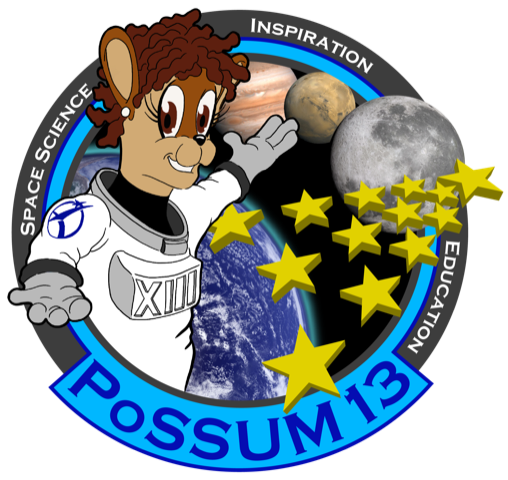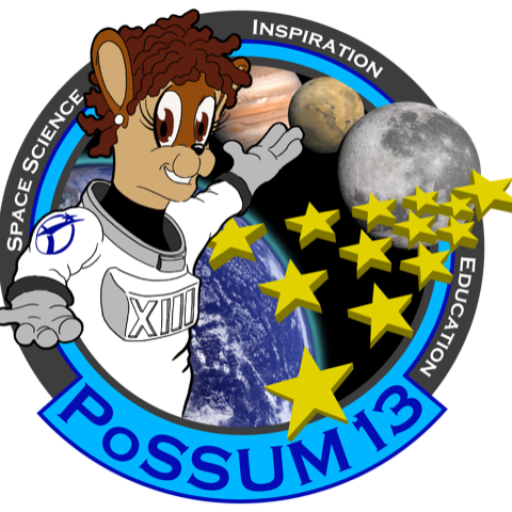Our Mission: Creating Opportunity and Breaking Barriers
Created to honor the legacy of the Mercury 13 and IIAS’s aeronomy project, Project PoSSUM, IIAS sponsors the PoSSUM 13. PoSSUM 13 maintains a talented group of thirteen IIAS graduates through biennial selections who serve as global ambassadors in increasing opportunity and representation for students — and especially young women– who have a passion for space science and exploration through a combination of educational outreach initiatives, student competitions, and mentorship.

PEEK INTO OUR GALLERY: The Original Mercury 13
The Mercury 13 were thirteen American women who, as part of a privately funded program, underwent the same physiological screening tests as the astronauts selected by NASA on April 9, 1959 for Project Mercury.
The term was coined in 1959 by Hollywood producer James Cross as a comparison to the Mercury Seven name given to the selected male astronauts; however, the Mercury 13 were not part of NASA’s astronaut program, never flew in space and never met as a group. William Randolph Lovelace II, former Flight Surgeon and later, chairman of the NASA Special Advisory Committee on Life Science, helped develop the tests for NASA’s male astronauts and became curious to know how women would do taking the same tests. All of the candidates were accomplished pilots.
Lovelace and Cobb reviewed the records of over 700 women pilots in order to select candidates, and did not invite anyone with less than 1,000 hours of flight experience. Some of them may have been recruited through the Ninety-Nines, a women pilot’s organization of which Cobb was also a member. Jane Hart was the oldest candidate, at 41, and mother of eight. Wally Funk, was the youngest, at 23. Marion and Janet Dietrich were twin sisters.
Support Us!
We rely on the generosity of our donors to provide annual grants to deserving young students through our Microgravity Challenge and other PoSSUM 13 initiatives. Please consider a tax-deductible donation here:


